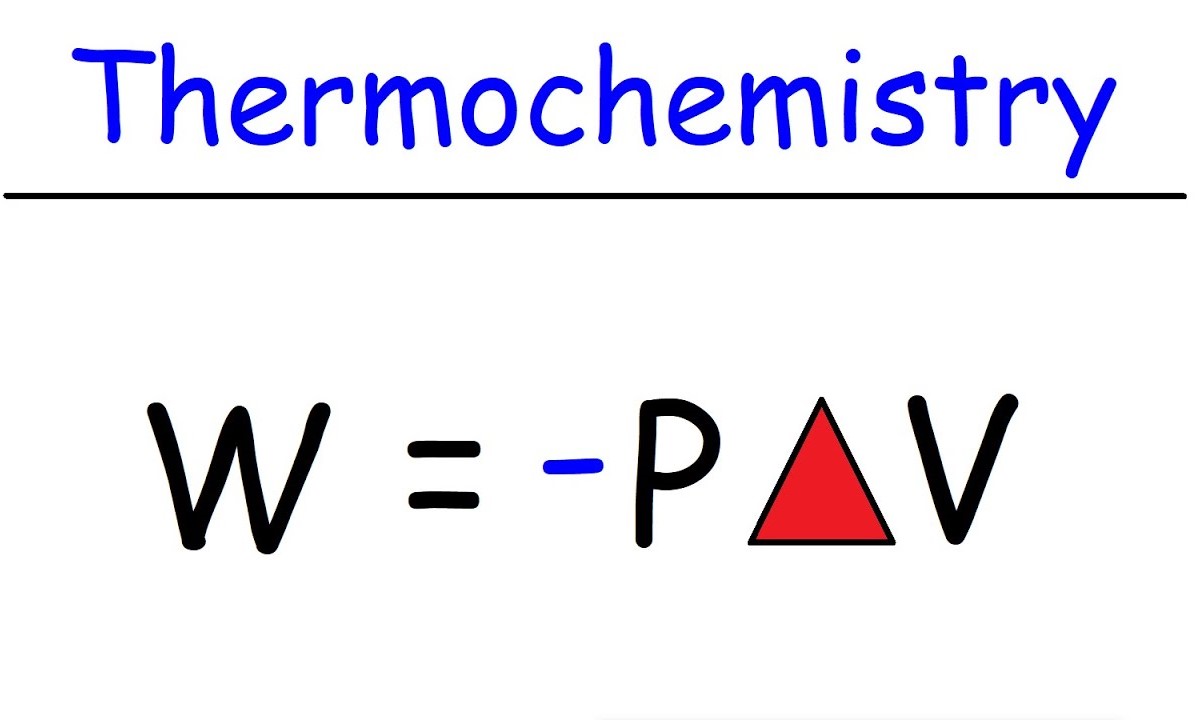Thermochemical equations are the key to understanding the energy changes that occur during chemical reactions. They provide insight into the enthalpy changes and help predict the feasibility of reactions. Whether you’re a seasoned chemist or just beginning to explore the world of thermodynamics, this quiz will test and expand your knowledge on this fascinating topic. Get ready to challenge yourself and deepen your understanding of thermochemical equations!
We recommend that you do not leave the page that you are taking this quiz in. Stay honest 🙂
Thermochemical Equation Quiz Questions Overview
1. What does a thermochemical equation represent?
The mass of reactants and products
The energy change during a chemical reaction
The speed of a chemical reaction
The volume of gases involved in a reaction
2. In a thermochemical equation, what does the symbol ΔH represent?
Change in entropy
Change in enthalpy
Change in temperature
Change in pressure
3. Which of the following is true for an exothermic reaction?
ΔH is positive
ΔH is negative
ΔH is zero
ΔH is undefined
4. What is the standard enthalpy change of formation?
The enthalpy change when one mole of a compound is formed from its elements in their standard states
The enthalpy change when one mole of a compound is decomposed
The enthalpy change when one mole of a compound reacts with oxygen
The enthalpy change when one mole of a compound is dissolved in water
5. Which of the following is an example of a thermochemical equation?
H2 + O2 → H2O
H2 + 1/2 O2 → H2O, ΔH = -286 kJ/mol
H2 + O2 → H2O, ΔS = +10 J/K
H2 + O2 → H2O, ΔG = -237 kJ/mol
6. What is Hess’s Law?
The total enthalpy change of a reaction is the same, regardless of the route taken
The enthalpy change of a reaction depends on the pressure
The enthalpy change of a reaction depends on the temperature
The enthalpy change of a reaction depends on the volume
7. Which of the following statements is true for an endothermic reaction?
ΔH is positive
ΔH is negative
ΔH is zero
ΔH is undefined
8. What does the term ‘standard state’ refer to in thermochemistry?
The state of a substance at 0°C and 1 atm pressure
The state of a substance at 25°C and 1 atm pressure
The state of a substance at 100°C and 1 atm pressure
The state of a substance at 0°C and 0.1 atm pressure
9. Which of the following is a correct statement about the enthalpy change of a reaction?
It is always positive
It is always negative
It can be either positive or negative
It is always zero
10. What is the enthalpy change when breaking bonds in a chemical reaction?
Always positive
Always negative
Always zero
Depends on the reaction
11. What is the enthalpy change when forming bonds in a chemical reaction?
Always positive
Always negative
Always zero
Depends on the reaction
12. Which of the following factors does NOT affect the enthalpy change of a reaction?
Temperature
Pressure
Concentration of reactants
Volume of the container
We recommend that you do not leave the page that you are taking this quiz in. Stay honest 🙂











